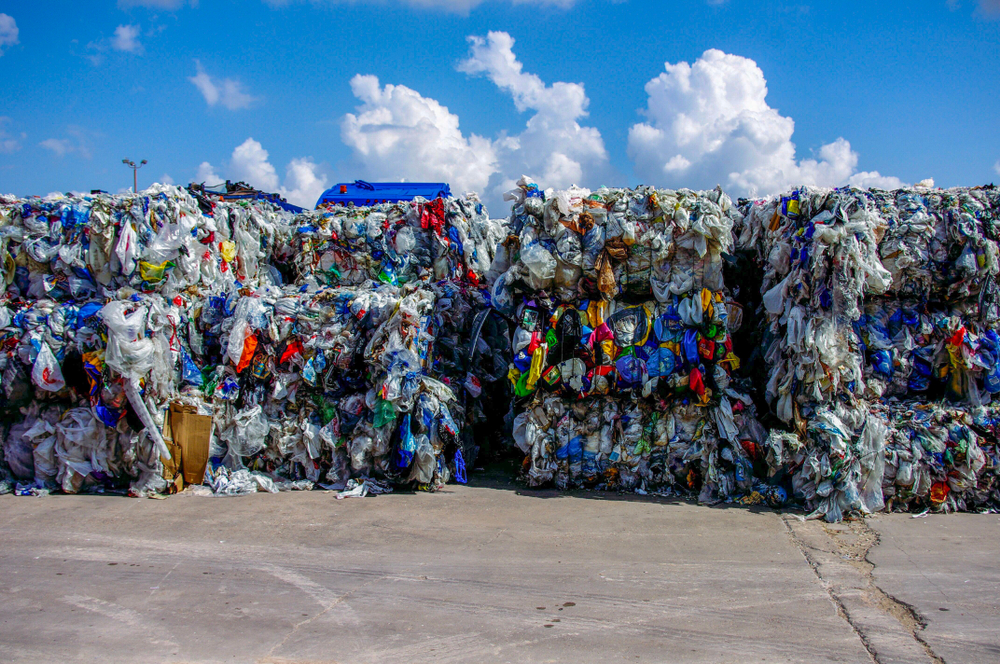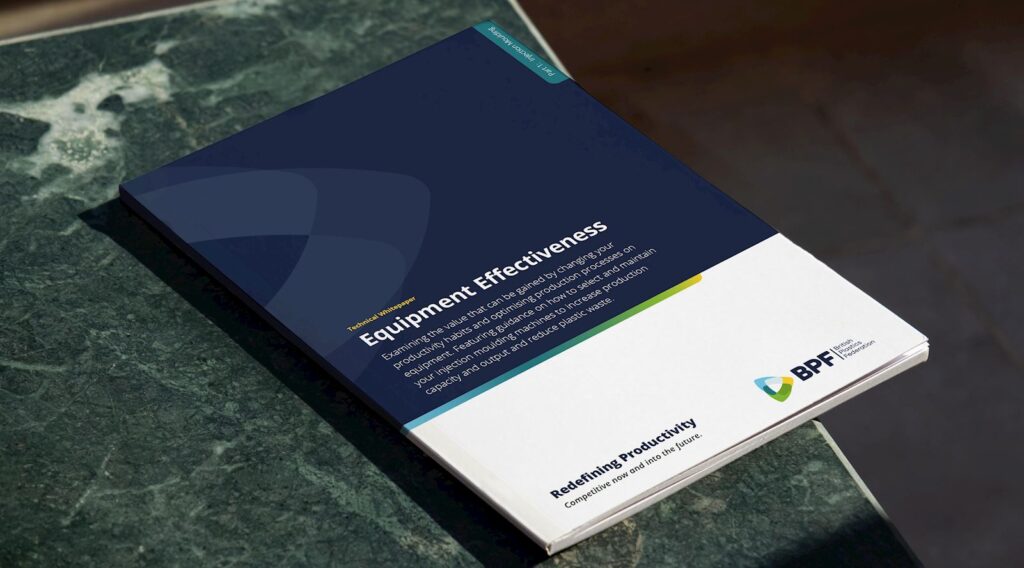The paper aimed to provide a policy landscape for chemical recycling and called for a reduction in virgin plastic production.
Experts, including Shell scientist professor Jean-Paul Lange, warned ZWE that pyrolysis relies on continued virgin plastic production and therefore will not slow down plastic production. He added that it will take 50 years to “successfully ramp up chemical recycling”.
ZWE has called for more focus on waste prevention, reuse and recycling as better strategies to deal with the growing plastic problem.
The report – “Fifty years: chemical recycling’s fading promise” – added that scaled-up pyrolysis can only process a fraction of the plastic waste produced and cannot be considered fully circular.
Some major petrochemical companies like Shell and Exxon are quietly backing away from investments in chemical recycling technologies due to doubts about its economic viability.
Despite this, the EU and other governments are providing significant public funding for chemical recycling projects.
Greenpeace this week criticised both Shell and Exxon – who are part of the “Alliance to End Plastic Waste” – for producing 1,000 times more plastic than the initiative has removed.
The ZWE report comes ahead of the final round of negotiations (INC-5) for the UN’s Global Plastics Treaty which aims to create a legally binding treaty to end plastic pollution by 2040. The negotiations will begin in Busan, South Korea, on 25 November.
Lauriane Veillard, chemical recycling and plastic-to-fuels policy officer, said: “This overview confirms what we’ve been saying all this time. Pyrolysis is decades away from being economically viable and further locks us into fossil dependency and rampant plastic pollution.
“Governments must face obvious greenwashing and dismiss flexible ‘mass balance’ allocation to support upstream solutions like waste prevention and reuse. The UN will negotiate a Global Plastics Treaty next week that, ideally, sets a plastic production cap needed to remain within planetary boundaries. Let’s not take a step back.”










Subscribe for free